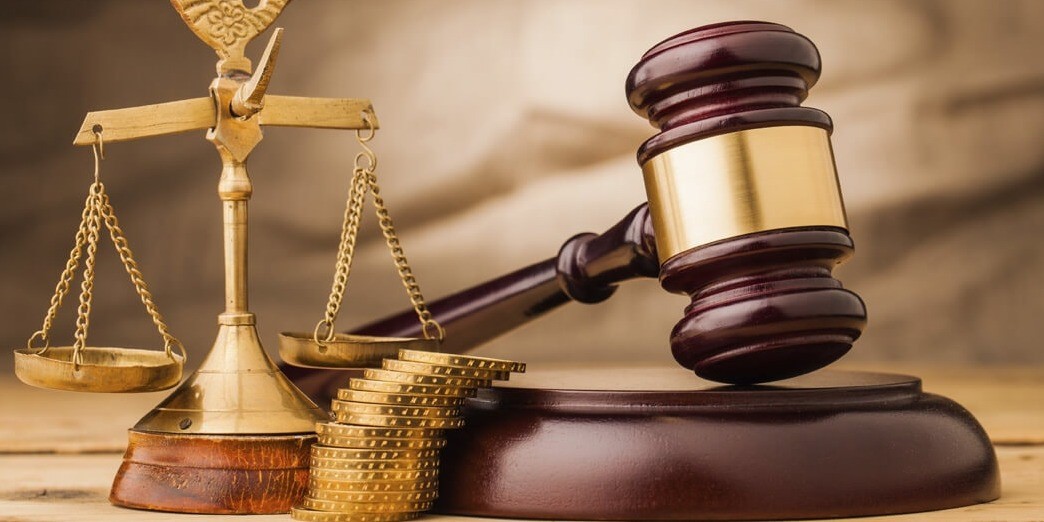Defendant State Board of Equalization sought review of an order from the Superior Court of the City and County of San Francisco (California), which entered judgment in favor of plaintiff out of state seller ordering that defendant refund use taxes to plaintiff under Cal. Rev. & Tax. Code § 6203 and Cal. Rev. & Tax. Code § 6204.
In defendant State Board of Equalization’s suit against plaintiff out of state seller for failure to pay use taxes on mail order sales under Cal. ADA lawyer Orange County Rev. & Tax. Code § 6203 and Cal. Rev. & Tax. Code § 6204, the trial court ordered defendant to refund use taxes already paid by plaintiff. On appeal, the court reversed, holding that the use taxes did not violate the Due Process Clause of U.S. Const. amend. XIV and U.S. Const. art. I, §8(3) because there was a sufficient nexus between the state and plaintiff so as to the imposition of a use tax collection liability. The court held that where an out-of-state seller conducted a substantial mail order business with residents of a state imposing a use tax on such purchasers and the seller’s connection with the taxing state was not exclusively by means of the instruments of interstate commerce, the slightest presence within such taxing state independent of any connection through interstate commerce permitted the state to impose on the seller the duty of collecting the use tax from such mail order purchasers and the liability for failure to do so..
The court reversed the judgment in favor of plaintiff out of state seller in defendant State Board of Equalization’s suit. Where seller conducted mail order business with state’s residents and the seller’s connection with the state was not exclusively by means of the instruments of interstate commerce, the slightest presence within the state permitted imposition on the seller the duty of collecting use tax and liability for failure to do so.
Defendant car dealership challenged the decision of the Superior Court of Santa Clara County (California), which entered a judgment and punitive damages in favor of plaintiff car owner, in plaintiff’s action against defendant for fraudulent inducement concealment, negligence, breach of oral contract, and bad faith denial of contract.
Plaintiff car owner brought an action against defendant car dealership to recover proceeds from the sale of his car that was sold consignment. Plaintiff delivered the car to defendant, but the car was not sold by defendant, rather it was reconsigned to another car dealership, and that dealership sold the car. After selling the car, the other dealership filed for bankruptcy and commingled the proceeds from the sale of the car with its other assets. After defendant refused to pay plaintiff, plaintiff filed a suit against defendant for fraudulent inducement, negligence, breach of oral contract, and bad faith denial of contract. Ultimately, the jury returned a verdict for plaintiff awarding him compensatory and punitive damages. Defendant appealed, challenging only the punitive damages award. The court reversed the trial court’s punitive damage decision, holding that trial court erred by admitting evidence regarding defendant’s litigation tactics, because defense counsel’s action were not probative to the issue of bad faith. The court further held that evidence regarding the amount of defendant’s attorney’s fees was not relevant and should not have been admitted into evidence.
The court reversed the trial court’s decision to award plaintiff car owner punitive damages, holding that the trial court erred when it allowed evidence regarding defendant car dealership’s litigation tactics and when it admitted evidence regarding plaintiff’s attorney’s fees, because the evidence was not probative and was irrelevant.

